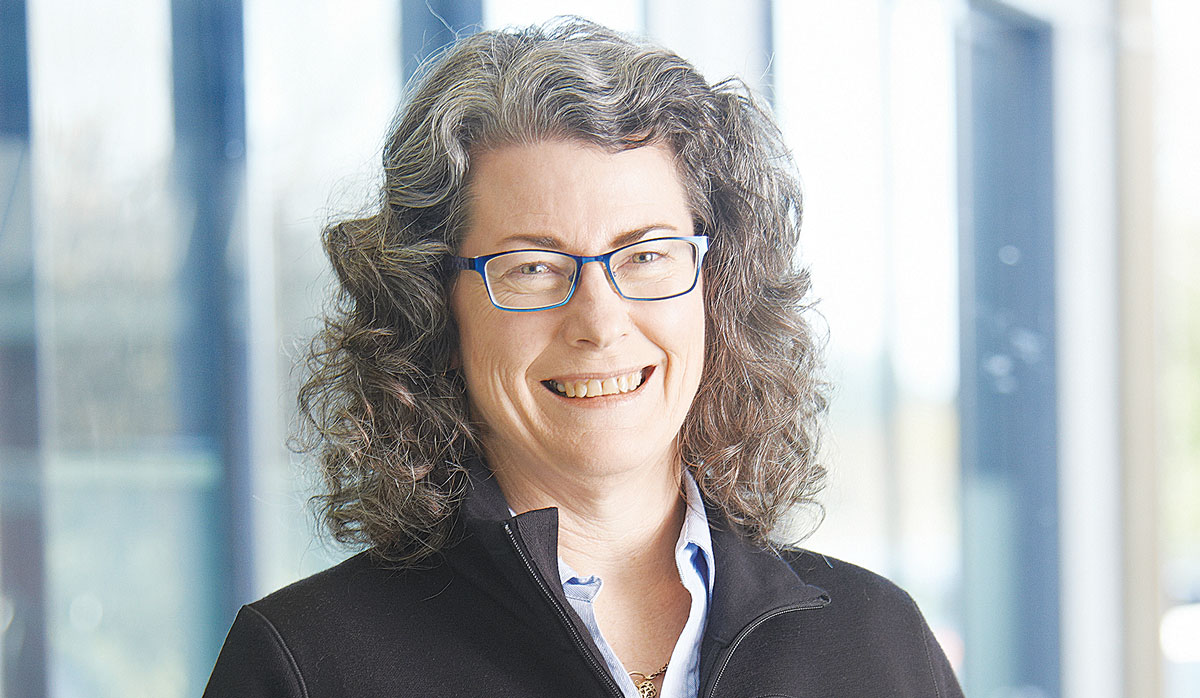DairyNZ Levy Vote Underway as Chair Highlights Seven-Fold Return
Voting has started for the renewal of DairyNZ's milksolids levy.
DairyNZ's head of farm performance, Sharon Morrell, says she'd like to see if they can facilitate more dairy farmers to be vaccinated against Covid-19.
Morrell says it's often forgotten that dairy farmers and others in the primary sector are classed as essential workers and need to be protected against the virulent Delta variant of Covid. She says there was a recent event in the Taranaki township of Stratford which saw farmers get vaccinations.
"It would be great to see a boost in rural vaccinations," she told Dairy News.
Morrell says the present outbreak of Covid has struck at the start of the dairy season and there is a lot at stake for farmers who need to get through it with as little interruption as possible. Compounding the Covid issue is the fact that many dairy farms are understaffed and there are few options to fix this situation.
"Everybody is busy at this time of the year; they all have their heads down working hard so it puts extra weight on taking the precautions necessary for safety around Covid," says Morrell.
"It's about thinking about the bubble on their farm and ensuring it is not being extended in directions that farmers hadn't anticipated. This could involve people coming into the farm, such as other family members, caregivers or contractors," she says.
Morrell says if for any reason farmers can't keep their bubble tight, they then need to take that extra step in terms of hygiene, following all the protocols around cleaning and personal hygiene. She says being in lockdown can be stressful, with the temptation to go off farm, which breaks the bubble. She says it's up to managers to take the lead and make sure the business is Covid free.
"I know it is super hard for managers to pause their work for a while and take the time to ask the other people on the farm how they are doing.
"All will have different responses to these kinds of situations, with some more anxious. Then there are complications of children at home and partners trying to work at home. So taking a moment to ask people how they are doing is a good thing to do" she says.
Morrell says the good news is past experience has shown them how to deal with the Covid lockdown. A lot of material was prepared during previous lockdowns and they have been able to take this and update it to deal with the Delta situation.
"By and large, we have found we have a lot of material there that is entirely appropriate for the present situation and we have just had to tweak it so there is more emphais on care and risk avoidance," she says.
DairyNZ has been getting information out to farmers through a variety of online platforms like Zoom meetings and social media, according to Morrell. She notes that Waikato has a regional Facebook page and most other regions have got social media connections aimed at farmers in their district.
"Every region connecting with farmers in this way," she says.
Confusion over Alert Level Changes
 |
|---|
|
DairyNZ head of farm performance Sharon Morrell. |
A major unresolved issue for the dairy industry and other primary sectors is what happens if different regions go into different alert levels.
In the past, this has created chaos and it's one issue that Sharron Morrell says DairyNZ is getting many requests on.
In the case of dairy, the problem arises if the farm is split between regions and travel is restricted between these regions. In the present situation this appears highly likely - especially along the border of Auckland and Waikato.
There is a myriad of issues that can add stress to farmers and staff who are already stretched to the limit. Classic examples are: staff living in different regions to the farm; the run-off block in a different region, the nearest farm supply shop or supermarket in another region. Morrell says they are getting inquiries from farmers who had to deal with these issues during previous lockdowns.
"So we have an exemption letter template on our website for people moving from home to farm or other parts of the farm runoff, if they are deemed essential to the farming operation. That is reasonably straight forward, but having that letter and ID with them at all times is really important," she says.
As Dairy News went to press, DairyNZ was working with the Ministry of Health and Ministry for Primary Industries (MPI) on practical and sensible protocols for this situation. However, it is important to note the final decisions around this rest with a high-level government committee and MPI can only "advise them and advocate for the rural sector".
Morrell says they would like to know those procedures before any lockdown level changes, rather than the scrambling about that occurred last time.
Global dairy prices are on a roll, recording a fourth consecutive jump on the Global Dairy Trade (GDT) auction this year.
Booming primary sector exports are helping lift earnings for farm service providers.
The world is waking up to the disadvantages of carpets derived from petrochemicals, creating opportunities for New Zealand strong wool.
The red meat sector finds itself in "a very rare set of circumstances", says Federated Farmers meat and wool industry chair Richard Dawkins.
Agrisea NZ has appointed Craig Hudson as it's new chief growth officer.
State farmer Landcorp, trading as Pamu, is a forecasting a full-year net profit of around $100 million.
OPINION: Staying with politics, with less than nine months to go before the general elections, there’s confusion in the Labour…
OPINION: Winston Peters' tirade against the free trade deal stitched with India may not be all political posturing by the…